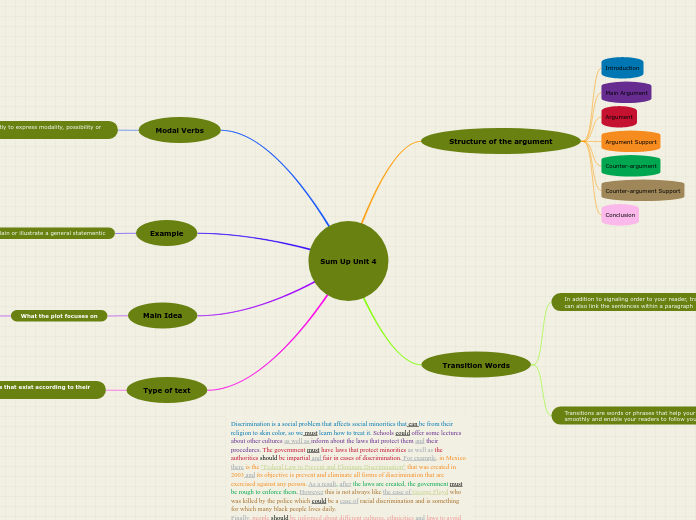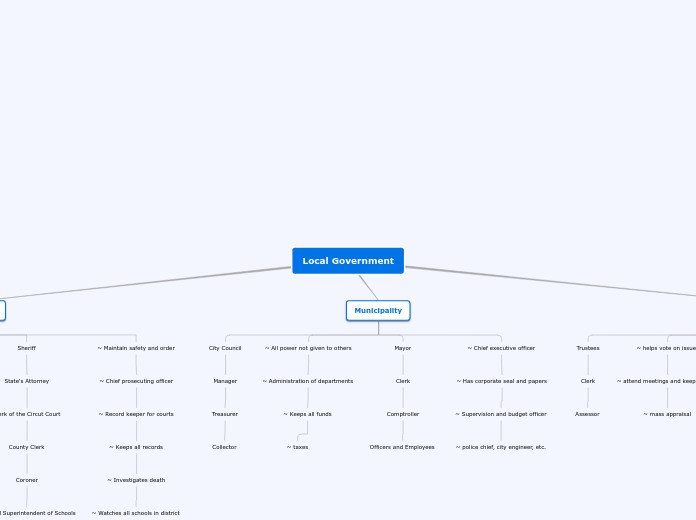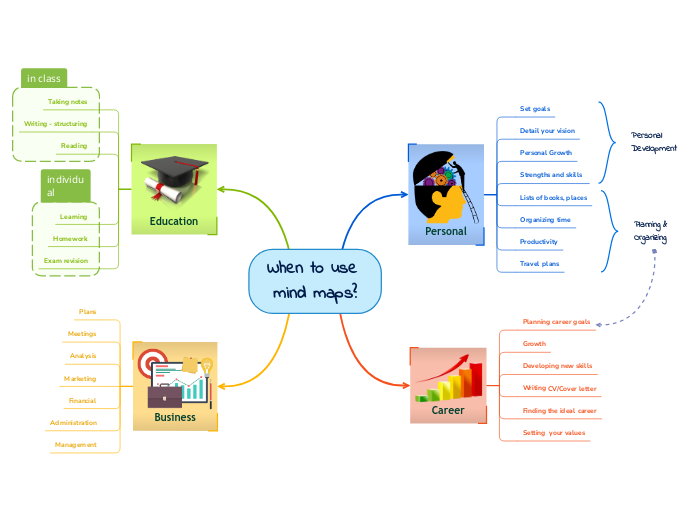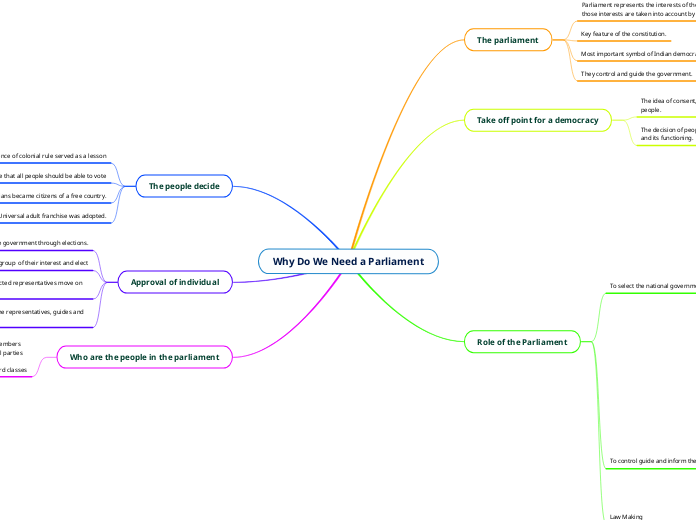によって Zamora Santoyo Gemma Cecilia 3年前.
231
Sum Up Unit 4
Discrimination remains a prevalent social issue affecting various minority groups based on religion, race, and other characteristics. To combat this, education systems should incorporate lectures on different cultures and inform students about protective laws and procedures.









